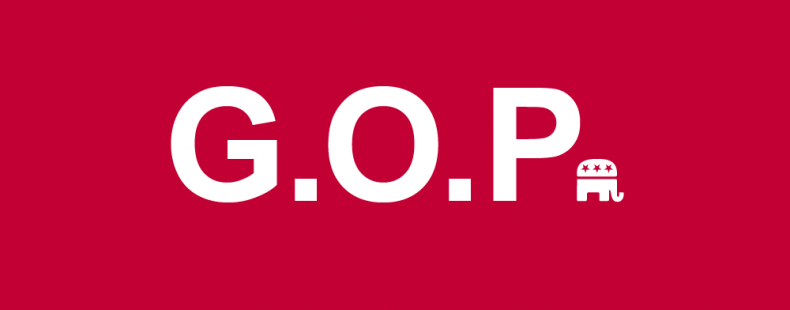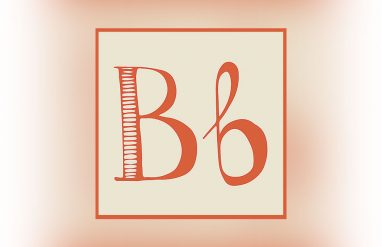WATCH: What Is The Origin Of The Republican Party?
The origins of the Democratic and Republican parties tell an interesting story. They both developed from the same political group, the Democratic–Republicans Party led by Thomas Jefferson in the 1790s and early 1800s. Who knew that these two opposing parties were once on the same side of the political spectrum?
One unique part of the Republican Party’s history, however, is its nickname: the GOP. Where did this nickname come from and what in the world does it mean?
What does republican mean?
First off, a quick history of the party: Jefferson’s Democratic–Republican Party broke apart into factions in 1825, and the Republican Party officially adopted its name in 1854. (The Democratic Party took its name in 1844.)
The word republican means “of, relating to, or of the nature of a republic.” A republic is a government system in which power rests with voting citizens who directly or indirectly choose representatives to exercise political power on their behalf. Republican is first recorded in English around 1685–95 and stems from the French républicain. Both these terms ultimately derive from the Latin rēs pūblica, constructed from rēs (“thing or entity”) and pūblica (“public”).
In the 1850s, the Republican Party united former Whigs and Democrats, pro-business economic modernizers, and northern abolitionists under one umbrella. They particularly opposed the Kansas–Nebraska Act, a Democrat-supported effort that would have allowed slavery to expand into new territories. Their second presidential candidate (in 1860) turned out to be a home run: Abraham Lincoln. You may have heard of him.
Lincoln and his early Republicans expanded federal power in ways that are pretty, well, un-Republican today: new federal taxes to fund the creation of a nationalized bank system, a nationalized railroad, high import tariffs, and the state university system.
What does GOP mean?
The party picked up the Grand Old Party label in the 1880s. The labels “grand old party” or the “gallant old party” were meant to highlight the Republican Party’s role in defending the Union during the Civil War.
Gallant means “brave, spirited, noble-minded, or chivalrous” and dates back to 1350–1400. It is derived from the French galer, meaning “to amuse oneself, make merry.” (Not exactly a term we associate with politics today!)
Grand itself has plenty of favorable definitions: “impressive in size,” “stately, majestic, or dignified,” “highly ambitious or idealistic,” and “magnificent or splendid.” It can be traced back to the Latin grandis (“great, large, full-grown”).
However, the initialism GOP that is still used today is credited to newspaperman T.B. Dowden, who first used it in 1884 when he was running out of room at the end of an article and couldn’t fit the words Grand Old Party.
What is the Tea Party?
There’s another surprising initialism related to today’s Republican Party: the Tea Party.
The Tea Party formed as a conservative political movement within the Republican Party. Its members first organized in 2009 to oppose President Obama’s mortgage relief plan and government bail-outs in general. Since coalescing into a party, they’ve rallied around the tenets of a free market, limited government spending, and fiscal responsibility.
The name refers to the Boston Tea Party of 1773. On December 16, Boston colonists threw the contents of several hundred chests of tea into the harbor as a protest against British taxes on tea and against the monopoly granted the East India Company.
However, the name Tea Party also serves as an acronym for “Taxed Enough Already.” Some of the party’s first rallies were held to coincide with April 15, 2009 because April 15 is Tax Day, or the day in which individual income taxes must be paid to the US federal government.
- Politics doesn’t seem like such a grand ol’ place these days, does it? But it is worth learning how our political landscape has evolved into the Democratic and Republican Parties.
- Democracies and republics aren’t the only names in the game, either. Expand your political awareness with these primers on socialism vs. communism, as well as the extreme terrain we’d all like to avoid, Nazism and fascism.














